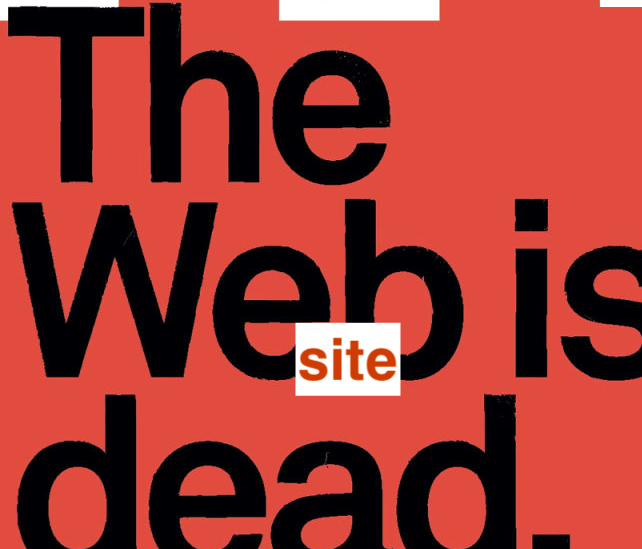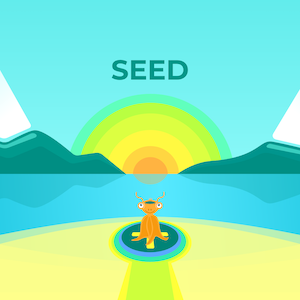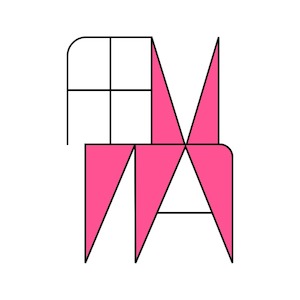Out of all the disruptive technologies and open-source algorithms that have come into the public sphere since the turn of the millennium, Blockchain is the most remarkable and steadily growing system. Clearly aimed towards a transparent, secure and decentralized market. Following the meteoric rise and fall (and rise) of Bitcoin : technologies like Crypto-currency, Blockchain, Encrypted Messaging and Distributed Ledgers are challenging the traditional norms of transaction, economics as well as communication.
Though the term and concept dates back to 1991 with "secured chain of blocks" as described by Stuart Haber and W. Scott Stornetta. In 1992, Bayer, Haber and Stornetta incorporated Merkle trees to the design, raising efficiency and making the system transparent to multiple users. As a concept it would remain on the fringe of information technology till 2008. The first commitment towards blockchain based system was conceptualized by a person (or group of people) known as Satoshi Nakamoto in 2008. It was implemented the following year by Nakamoto as a core component of the cryptocurrency bitcoin : Blockchain and it's rising popularity is curiously linked to encryption and protection of public and private content : which in-turn reflects the growing dissent and resistance towards many existing systems of trade, surveillance, exploitation and control. As recently seen in the whistle-blowing case which exposed Facebook and various third-parties engaged in spying, stealing content and selling private information of roughly 90million users.
Decentralization as a concept has been gathering momentum for over a decade, yet now the tide is finally hitting public domain. Is it a technology which is altruistic ? A digital disruption which is open to public access, which connects users without the cost of middle-men, conversion rates, banks and regulatory taxes imposed by the state.
Cut Out the Middlemen !? How Blockchain becomes a radical disruption in play: Take the example of Steemit and Ujo that want to help artists sell their music directly to fans (promoting the use of cryptocurrency) : The system is authorized by smart contracts that secure all payments, transfers, gifts and royalties minus traditional middlemen like labels, publishers, or collecting societies. Definitely such a system is now witness to a small yet steady growth, especially in the field of music and independent culture. Numerically Blockchain and crypto-currency use is highly concentrated in North America, Western Europe, Spain, Japan, Greece and including China (crypto-currency recently banned by the Beijing government). Also banned in Ice-land, Venezuela and Bolivia given various reasons of national security. Go figure public opinion! Blockchain technology in place, it's use as a democratic tool is yet be adopted at a global level. We imagine, one day not so far, that most institutions and exploitative systems reduced or dismantled by Blockchain and crypto-currency based technology. Be it for a musician or a farmer, a scientist, journalist etc etc.
Decentralization as a concept has been gathering momentum for over a decade, yet now the tide is finally hitting public domain. Is it a technology which is altruistic ? A digital disruption which is open to public access, which connects users without the cost of middle-men, conversion rates, banks and regulatory taxes imposed by the state.
Cut Out the Middlemen !? How Blockchain becomes a radical disruption in play: Take the example of Steemit and Ujo that want to help artists sell their music directly to fans (promoting the use of cryptocurrency) : The system is authorized by smart contracts that secure all payments, transfers, gifts and royalties minus traditional middlemen like labels, publishers, or collecting societies. Definitely such a system is now witness to a small yet steady growth, especially in the field of music and independent culture. Numerically Blockchain and crypto-currency use is highly concentrated in North America, Western Europe, Spain, Japan, Greece and including China (crypto-currency recently banned by the Beijing government). Also banned in Ice-land, Venezuela and Bolivia given various reasons of national security. Go figure public opinion! Blockchain technology in place, it's use as a democratic tool is yet be adopted at a global level. We imagine, one day not so far, that most institutions and exploitative systems reduced or dismantled by Blockchain and crypto-currency based technology. Be it for a musician or a farmer, a scientist, journalist etc etc.
Recently pop icon Imogen Heap declared " We could have a Napster times a thousand if we get it wrong with blockchain. If we don’t come up with solutions, somebody else will, and they won’t be on our terms.” Though Napster revolutionized the idea of free music sharing, artists like Imogen Heap believe in independence and the rightful returns of their content and efforts. Decentralizing the market poses an immense challenge (and threat) to powerful institutions and structures which capitalize the market currently : Be it the last of the dinosaur record labels or the monopolies of Itunes, Vevo, Spotify, Youtube : A question of immense public value being "Is Blockchain actually independent? " Blockchain advisor and 'evangelist' Roger Ver explains " current ebb and flow of Blockchain depends a lot upon the users and their willingness to expand their roles, their nodes, transactions and points of interaction". Joseph Lubin speaking at the Blockchain summit in Slovenia " Blockchain ledgers can validate various requirements of an artist, be it to sell music or sell merchandise, concert tickets or online live content ". Blockchain at it's current form does not vouch for the complex nature of relationships when value or wealth is shared : concepts of copyright and shared royalties. Recently Medium.com featured a report about the popularity, fledgling status and excitement inside Blockchain based technologies. Upcoming venture Imusify with a manifesto directed towards artists, is saying "a narrative into how imusify will
deliver value to all user types while continually optimizing the music value chain". A good (ethical) place for independent musicians as well as content-creators willing to engage in blockchain and crypto-technologies is http://myceliaformusic.org/
Rival systems based on crypto-currency and modified versions of the original Satoshi code, also provide users similar benefits and transparency. Ethereum : The newly launched portal Viberate, being vigorously hyped currently in blockchain circles : Open to musicians who are interacting and selling music, concert tickets and content using crypto-currency. Similarly there is ColdFusion which is offering blockchain based services promoting writers, activists, whistleblowers, scientists and video-bloggers : The CEO of ColdFusion claiming "blockchain as a system could be way more open and democratic than wikipidea" As almost everyone celebrating blockchain services is claiming to "cut out the middle-men and banks" and usher in "fair trade" : the fact that large corporations, vicious industries and merchant cartels are also buying out large parts of the technology and talent. Last year, saw American pop-stars like Katy Perry, Bon Jovi, Christina Aguilera and many others signed a petition against existing distribution rights and large record labels : Yet these very artists are the type who exploit the fans with industrial regimens and propaganda [ Robert Levine, ‘It’s a System That Is Rigged Against the Artists’: The War Against YouTube, Billboard, (2016) ] The autonomous nature of the internet is itself at great risk today and much hope is levered upon technologies like Blockchain and crypto-currency. Our question remains unanswered - That Blockchain will not turn into another google or facebook in terms of a vicious monopoly controlling billions of lives. The playing field seems open for once !





























0 -